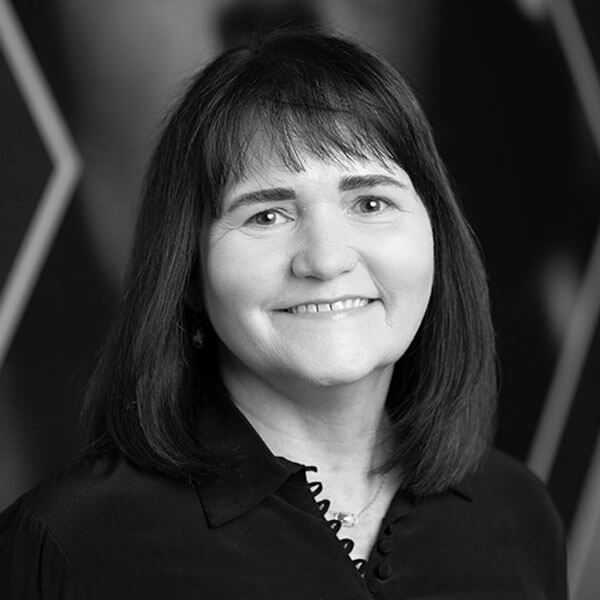On December 7, 2018 girls crowded into a room at the University of Arkansas at Pine Bluff for the annual Girls of Promise Coding Bootcamp. During the half-day event, they learned coding, yes, but they also got to rub shoulders with women working in the tech industry and be exposed to STEM possibilities to consider for their future.
While the instruction alone is enough reason for Acxiom to enthusiastically support Girls of Promise, it’s those last two things that we feel can change the world.
With the vast and increasing number of ways technology is integrating into daily life, it’s hard not to recognize that STEM jobs—that is, those in the science, technology, engineering and math fields—are the future of work. But STEM jobs are stubbornly rooted in the past, demographically speaking. There are more women than men across the population as a whole, but are vastly outnumbered in these technical fields. And this isn’t a matter of aptitude or a battle of the sexes; girls routinely outperform boys in all subjects, and the first computer programmers were largely women.
Getting girls into tech isn’t just a matter of mixing up the workforce demographics. Multiple studies show that diversity—or lack thereof—has a significant impact on the bottom line. Societally, facilitating those who have historically been on the short end of the wage gap to get into these higher-paying fields benefits communities and the economy as a whole. For specific companies, multiple studies have shown that a more diverse programming or engineering team delivers more innovation and ultimately enjoys more success than their more homogenous peers.
There are many theories as to why girls are underrepresented in STEM fields. Some people say girls are more likely to choose “softer” subjects, while others blame early computer ads positioning the first home computers as “boys’ toys.” Whatever the cause, the decades-long underrepresentation of women in tech has created a circular problem: with few role models, fewer girls thought to go into STEM fields, which in turn created few role models for the next generation of girls, and so on.
We saw this even at the coding bootcamp, where the vast majority of the girls there didn’t know or think about what a career in STEM or computer science would be like. A lot of these girls came from very rural areas, and we tend to mimic what we see—and if you come from a place where the town’s student body numbers 100, there aren’t a lot of examples to follow.
Events like the ones Girls with Promise put on help to bridge that gap between what girls see and what they’re capable of. Other organizations, including Girlstart, where I have the wonderful opportunity to serve as board chair, Girl Power in STEM (GPS), the Girl Scouts STEM program and Girls of Promise’s parent organization, Women’s Foundation of Arkansas, are also making huge strides toward bringing awareness and interest to these fields throughout the state, and we are proud to support their efforts, too.
Arkansas Gov. Asa Hutchinson’s computer science initiative, which beginning in 2015 mandated computer science classes in schools, has made a real difference already. Before the initiative, there were about 200 girls taking computer science classes statewide. In just the three years since, the increased accessibility of these classes has pushed that number to nearly 2,200.
And that’s fantastic news, because I have seen first-hand this significant lack of diversity in tech. I’ve been in IT for many years, but technical roles still have a very low percentage of women, as well as minorities. We need to expand the pool of people who have the opportunities to pursue these life-changing careers.
Acxiom is committed to helping to increase exposure and tear down the barriers that exist between girls and STEM. Through this coming year, we will be a presenting sponsor for Girls of Promise’s annual conference in April. We’ll also continue our support of Girlstart and the Girl Scouts, and will be increasing our support of the Girl Power in STEM program and sending volunteers to help with their events.
All of our efforts make an impact. Here’s to making even more meaningful change in 2019.


